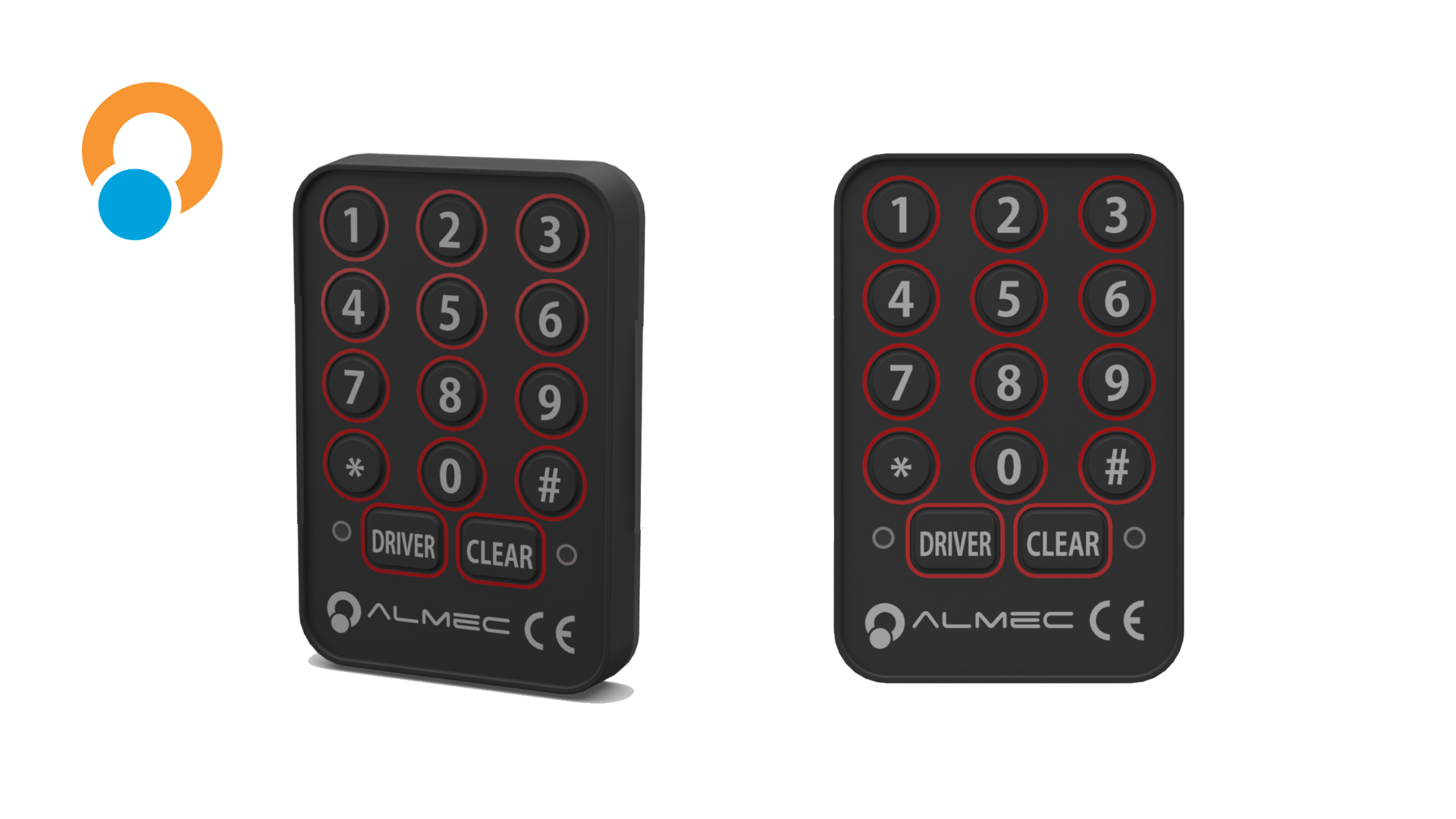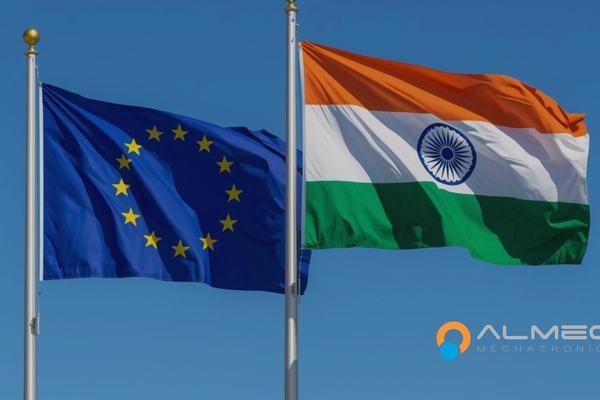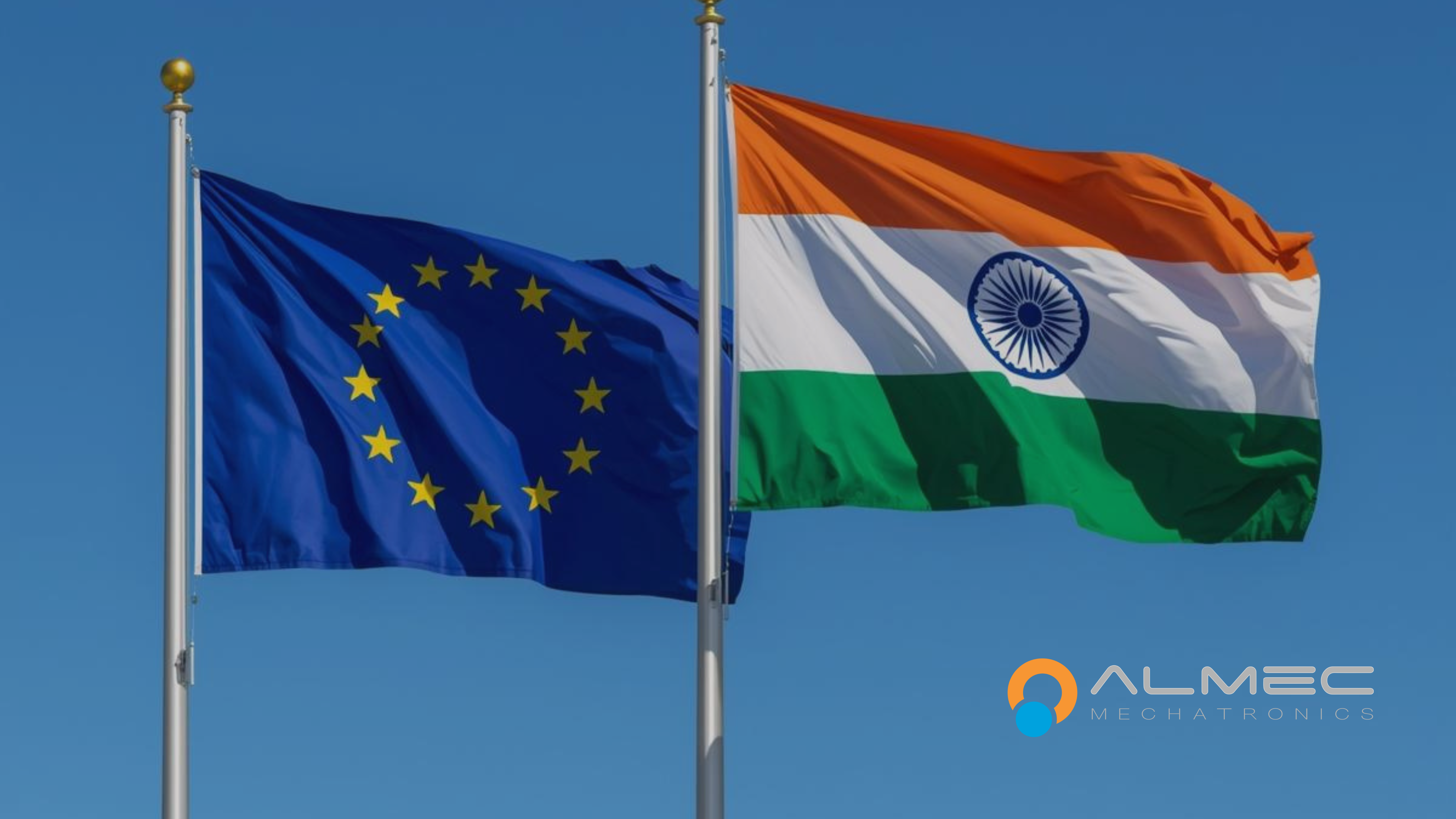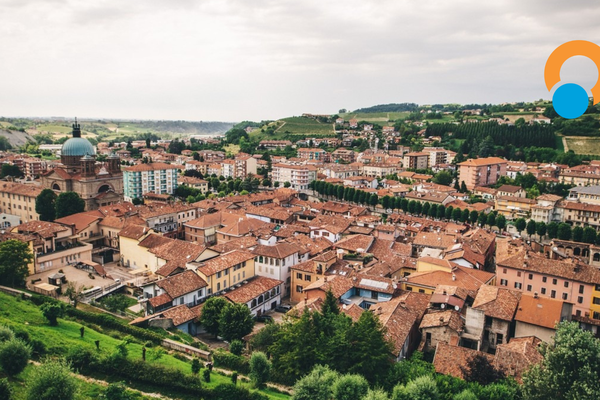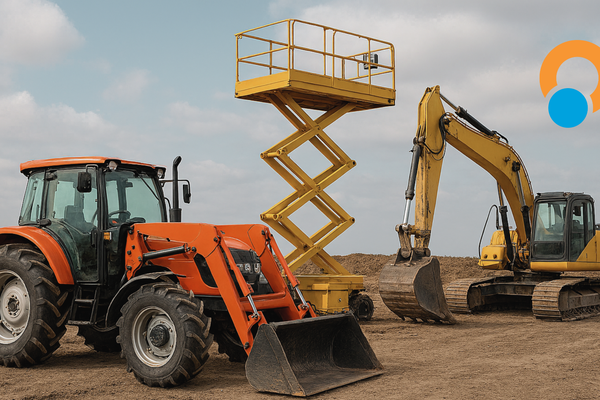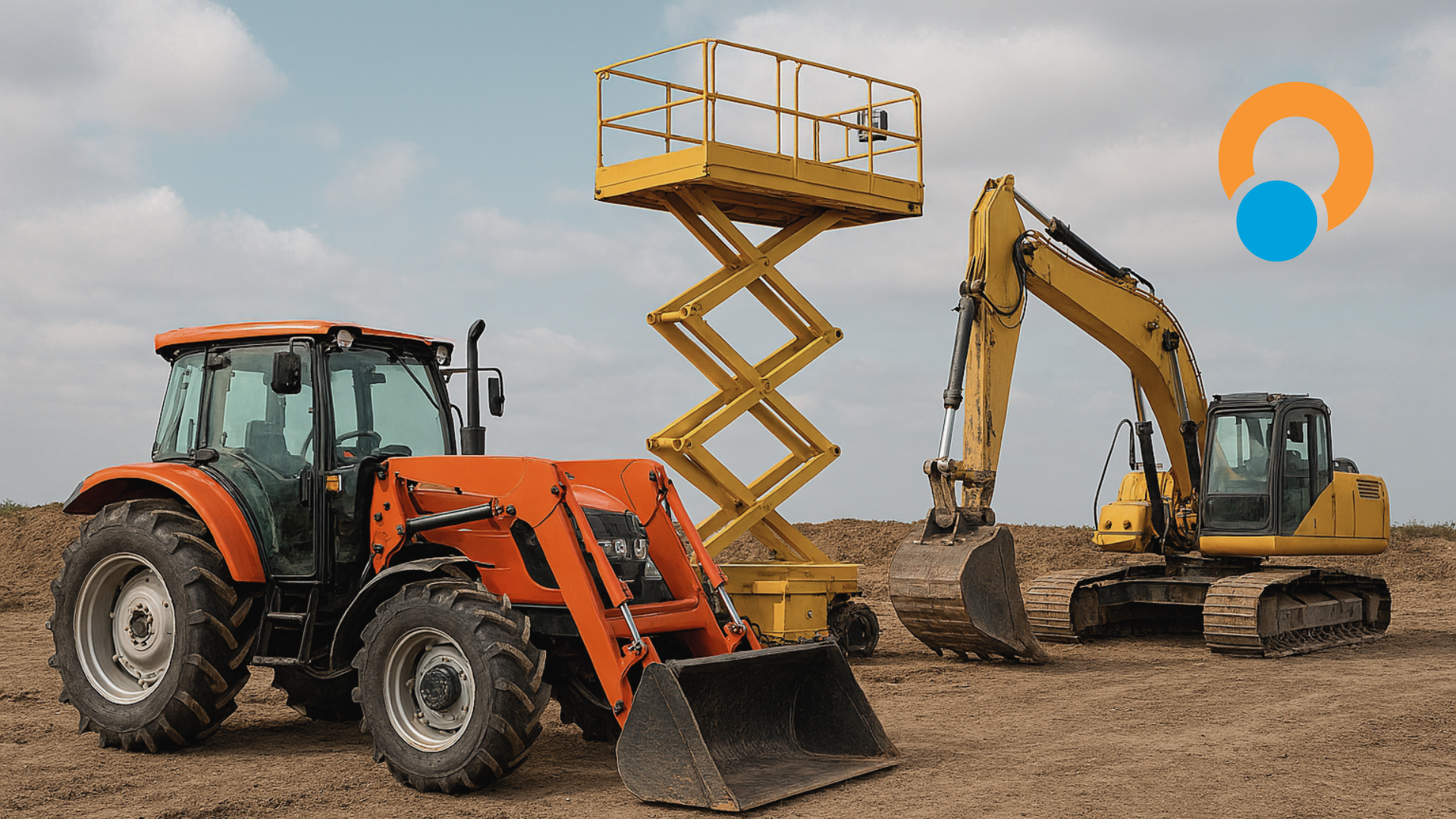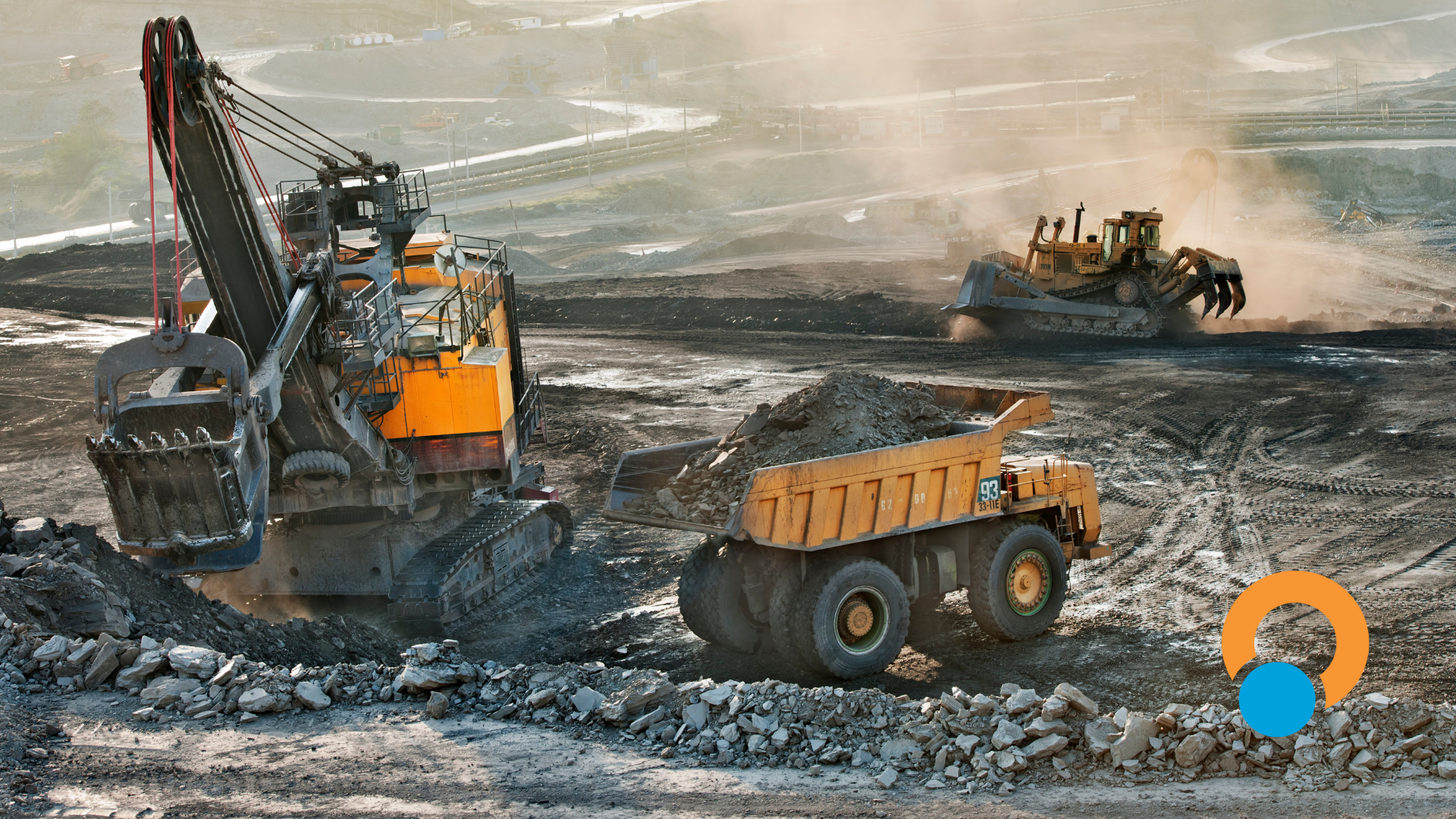- A Revolution in the Agricultural Sector
- IoT Sensors and Smart Monitoring
- Drones and Satellite Imagery
- Agricultural Automation and Robotics
- Artificial Intelligence and Predictive Analytics
- Towards More Sustainable Agriculture
Precision Agriculture and Sustainability: ALMEC S.p.A.’s IoT and AI Solutions
Discover how precision agriculture is revolutionizing the farming sector with advanced technologies such as IoT sensors, agricultural drones, autonomous robotics, and artificial intelligence. Optimize irrigation, fertilization, harvesting, and resource management to increase productivity, efficiency, and sustainability. With ALMEC, you can integrate innovative solutions into your agricultural processes and tackle the challenges of climate change and food security.
A Revolution in the Agricultural Sector
Precision agriculture is profoundly transforming farming, making operations more efficient, reducing waste, and increasing sustainability. By integrating advanced technologies into agricultural machinery, farmers can monitor and optimize every stage of the production process. Let’s explore the key solutions reshaping modern agriculture.

IoT Sensors and Smart Monitoring
The Internet of Things (IoT) enables farmers to collect real-time data on soil conditions, weather, crop health, and machinery performance. Sensors installed in fields and on agricultural equipment provide detailed insights that support data-driven decisions. Through remote monitoring, farmers can optimize irrigation, reduce fertilizer use, and improve productivity. Digital platforms and IoT gateways such as Diaboard and NEXUS are ideal tools for these applications.
Drones and Satellite Imagery
Agricultural drones have become essential tools, offering high-resolution images that help assess crop health, detect pests or diseases, and plan targeted interventions. Satellite imagery, combined with advanced analytics software, provides a comprehensive view of soil and field conditions, enabling more effective resource management on a large scale.

Agricultural Automation and Robotics
Autonomous tractors and harvesters are revolutionizing the industry. Powered by artificial intelligence and GPS navigation systems, they operate with millimetric precision, reducing fuel consumption and boosting productivity. Additionally, specialized agricultural robots can autonomously perform tasks such as seeding, harvesting, and weeding, saving time and resources for other strategic operations.
Artificial Intelligence and Predictive Analytics
AI is at the core of precision agriculture. It processes vast amounts of data collected from sensors, drones, and machinery, generating accurate forecasts on weather, crop needs, and resource management. Predictive analytics platforms like Diaboard empower farmers to make informed decisions, lowering costs and waste while increasing resilience in agricultural enterprises.

Towards More Sustainable Agriculture
The integration of IoT, drones, robotics, and artificial intelligence makes agriculture more productive, efficient, and environmentally friendly. The future of farming will increasingly depend on the ability to harness technological innovation to address global challenges such as climate change and food security.
Want to learn how to integrate these solutions into your agricultural processes? Contact us through the ALMEC website form or write to info@almec.net.





